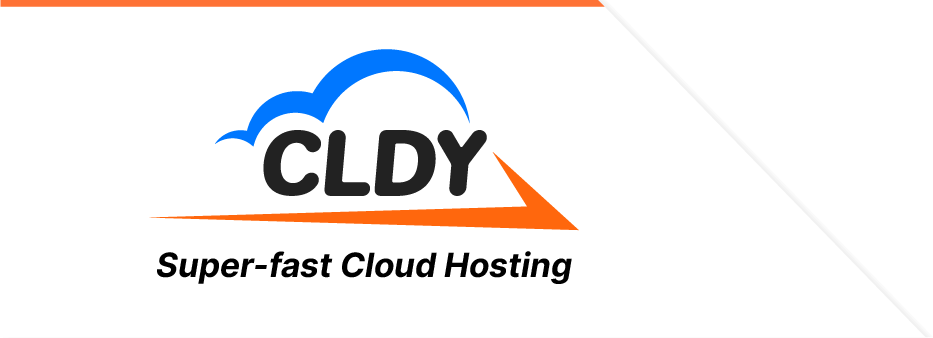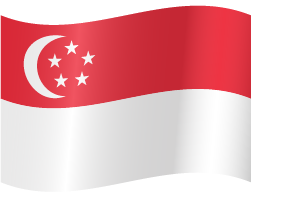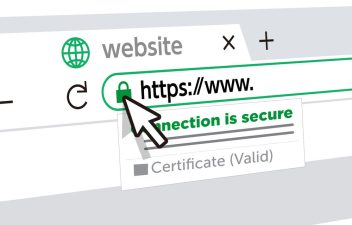Registering a domain is the first step of setting up a website. It’s what people type onto their browsers to visit your site.
While there are free domains in the market, any experienced website owner would recommend you invest in a paid domain extension instead. Now, the cost of a domain name depends on different factors, some of which we’ve listed below.
What are Domain Name Extensions?
Your domain extension is the suffix in a web address. For example, on CLDY.com, the domain extension used is “.com”. The “.com” extension also happens to be the top domain extension in the world.
The Internet Corporation for Assigned Names and Numbers, or ICANN, oversees the entire domain registration process. As a registrant, you’ll need to ensure that the domain registrar you are working with is ICANN-accredited. You will also need to verify your own identity through email before you can successfully register a domain.
Understanding the Different Domain Extension Types
1. Top-Level Domains (TLDs)
Though the .com extension continues to be most familiar to the public, different industries actually make use of other TLDs. Non-profits, for example, insist on using a .org for their websites. Educational institutions, on the other hand, use the .edu extension while government bodies use the .gov extension.
Other examples of TLDs include:
- .biz
- .co
- .info
- .net
Most businesses register more than one top-level domain to protect their online identity and prevent competitors from purchasing a domain under their brand name.
2. Country Code Top-Level Domain (ccTLD)
As the name implies, ccTLDs are restricted to specific countries or geographic locations.
If you have a registered business in Australia, for example, then you could opt for a .au extension. Otherwise, you can go for a .SG extension if you’re a Singapore-based entity.
ccTLDs are great options if the .com version of your ideal domain is already taken. It also does wonders for your website’s search engine rankings. A ccTLD tells search engines like Google that your website content is targeted to a specific country or region, boosting your rankings on search results for that area.
3. Generic Top-Level Domain (gTLD)
There are over a thousand generic TLDs up for registration. Other than the popular .com, .co, and .net TLDs, there are also unique extensions in the market.
While the best domain extension for eCommerce remains to be “.com”, businesses also have the option to diversify their web addresses with a .shop or .store extension.
There are other modern domain extensions for emerging niche markets as well. If you run a digital marketing agency, then a .online extension would resonate with your audience, while a .tech extension lets you show off your expertise in the IT industry.
Why Do Some Domain Extensions Cost More?
1. Your registrar
It’s common for domain registrars to differ in terms of pricing. If you’re looking to get good value for your money, be on the lookout for renewal prices. Most registrars offer competitive pricing for your first year only, then charge double that amount upon renewal.
Another reason some domains cost more is hidden add-on charges. So before proceeding to purchase your domain, check the inclusions so you don’t end up paying for services you don’t need.
2. Some TLDs cost more
The more in demand the domain, the more expensive it becomes.
You will find that .com domains come with a hefty price tag and that’s mostly because they’re the most popular and easily recognisable extension in the world. Given that so many people would want to get their hands on a .com domain—but only a limited number is available—it is no surprise that you will have to pay a premium price to register the domain you want.
3. Length of Term
Domains have different registration periods. You can register a domain for a minimum of 1 year, while some registrars require 2 years minimum.
When purchasing a new domain, it’s recommended that you sign up for a year. Don’t worry about missing your renewal as companies allow you to turn on automatic renewal so your domain does not expire.
4. Companies sell premium domains for hefty price tags
Premium domain names are previously-registered domains that have been bought and sold for profit.
They are more expensive than typical domain names because of the following:
- In terms of quality, premium domains have a good reputation, valuable link juice, and drive good traffic.
- Contain a high search volume or on-demand keyword
- Contain short names or memorable acronyms
- Match a product, service, industry, or geographic location
- Contains a popular TLD (typically a “.com” extension)
The bottom line is that the more brandable the domain, the more expensive it is.
How to Choose the Right Domain Extension for Your Business
Price is just one factor to look at when choosing the best domain extension for your personal website or business. Before narrowing in on a domain extension, consider these factors:
A .com should be your first choice
If it’s available, go for a .com extension first. It’s the most familiar domain in the world and the extension users will likely enter on browsers when trying to find your site.
From a search engine perspective, a .com extension carries more authority, making it an excellent choice if you’re running a link-building campaign.
Of course, .com domains aren’t always available. And if they are, you might have to pay a premium price to secure it. So if you aren’t in the position to invest in a .com domain just yet, there are other TLD options for your business to consider.
Make sure it matches the purpose of your site
If you are running a blog catered to businesses, then a .com or .biz extension would be fitting. A law firm, meanwhile, can benefit from a .law or .lawyer extension instead. No matter your industry or niche, ensure that you get a domain that’s cohesive with your website’s purpose.
Go for a brandable web address
If you didn’t know by now, everyone on the internet has a short attention span. So if your web address isn’t memorable or catchy, then don’t count on being remembered.
Bonus: Can You Make a Custom Domain Extension?
With domains like .monster and .party available, you might be wondering if you could end up making your own. Basically, yes you can, but it’s very costly.
ICANN opens registrations regularly. But the organisation does not have a fixed schedule, so it can happen at any time. You will also need to pay a hefty application fee, which at times balloons up to more than US$100,000.
Get a Domain Extension at a Great Price with CLDY
A good domain can do wonders for your online presence. But act fast as your dream domain could be going to your competitors tomorrow.
CLDY has a growing list of domain extensions for different businesses and brands.
Whether you’re a streamer looking to get a .live extension or a Singapore-based business wanting to make its mark online with a .com.sg domain, CLDY provides the best prices and domain management tools in the market today. If you have an existing domain and want to get hosted on a more trusted provider, you can also transfer your domains to CLDY.










